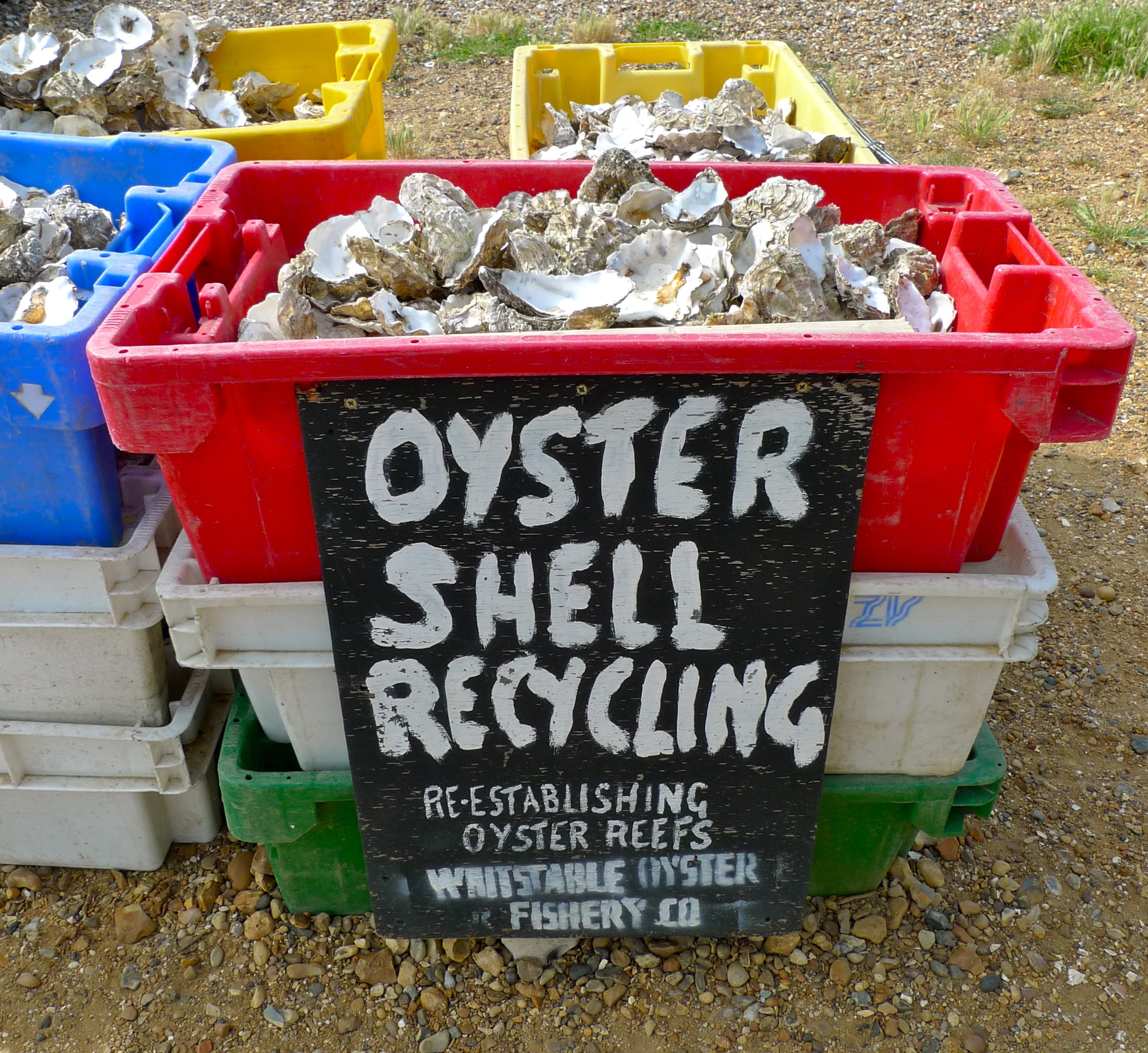People experiencing homelessness often have a difficult time securing work even when highly qualified. At the same time, municipal stormwater agencies working under limited budgets are always in search of outside-the-box ways to keep an ever-growing volume of urban debris out of waterways.

Operation Stream Shield, a pilot program coordinated by the municipal government of Fairfax County, Va., and local homeless shelters, enlists individuals experiencing homelessness to improve the resilience of local waterways. Photo courtesy of Fairfax County Department of Public Works and Environmental Services
A water quality-focused pilot program in Fairfax County, Va., aims to connect untapped local talent with paid opportunities in stormwater management. Through Operation Stream Shield, a partnership between the municipal government and local homeless shelters, people attempting to join the workforce help enhance the local environment with part-time jobs clearing away litter from waterways and removing invasive plants.
“Despite county-wide efforts to address litter, we are still finding a lot of litter in streams,” said Randy Bartlett, Fairfax County Department of Public Works and Environmental Services director, in a statement. “We believe this pilot will be cost-effective, provide additional outreach on the impacts of litter to a community that is typically disengaged, and provide the homelessness agencies resources to help serve and re-engage this population with meaningful work.”
Meaningful opportunities
Beginning Oct. 1, guests from three local shelters managed by New Hope Housing (Alexandria, Va.) and The Lamb Center (Fairfax, Va.) have been visiting waterways in Fairfax County a few times each week wearing gloves and high-visibility vests. The crews, transported and supervised by shelter staff and volunteers, spend 4 hours at a time retrieving litter that would otherwise risk ending up in local streams from stormwater runoff. The crews also uproot invasive plants, which have no natural predators and threaten local biodiversity.

Operation Stream Shield crews venture out into Fairfax County a few times per week, collecting debris and other refuse that would otherwise run the risk of polluting local waterways. They also stop the spread of invasive plant species. Nearly 60 individuals have signed on to participate in the program since its launch on Oct. 1. Photo courtesy of Fairfax County Department of Public Works and Environmental Services
Each worker earns $10 per hour, above the minimum wage in Virginia, as well as a hot meal provided by shelter staff “crew chiefs” after each shift.
Interest in the program from shelter residents has been substantial, said Matthew Kaiser, a representative of the Fairfax County Department of Public Works and Environmental Services (DPWES). In just under two months, nearly 60 individuals have signed on to participate in Operation Stream Shield.
And the county does its part by ensuring the proper disposal of collected debris. During each Operation Stream Shield shift, DPWES representatives keep a fleet of packer trucks, crane trucks, and pick-up trucks at the ready to haul away litter, furniture, and electronics of all sizes.
“We’re learning the logistics more and more each week,” Kaiser said. “For example, we’ve improved the reporting for the crew chiefs, which helps us dispatch the right-size collection vehicle.”
They will continue their work through at least Jan. 15, 2020, when funding for the pilot project – provided by a stormwater service district fee approved by county voters in 2010 – expires.
Uplifting workers and water quality
With more than a month remaining in the pilot project, Operation Stream Shield participants have, at press time, removed approximately 11 tons of litter and debris from Fairfax County waterways, Kaiser said.
“The pilot has been very successful,” he said. “We hope to renew the program once it concludes.”
One resident who coordinates volunteer stream cleanups visited one of the Operation Stream Shield work areas just after a crew completed a shift and reported that the stream was “cleaner than they’d ever seen it,” according to Kaiser.

Participants, who receive $10/hour for their work, had already removed approximately 11 tons of litter from Fairfax County waterways as of late November. The pilot program is ongoing through Jan. 15, 2020, at which point program partners hope to secure funding to continue the initiative. Photo courtesy of Fairfax County Department of Public Works and Environmental Services
The project is just one example of a growing number of efforts throughout the U.S. to engage people experiencing homelessness with work that bolsters local environmental resilience.
For example, similar programs exist in San Diego, Calif., Little Rock, Ark., and Fort Worth, Texas, with additional cities adopting the model by the day. Operation Stream Shield, however, is the only known program of its kind that focuses exclusively on watershed conservation and stormwater management.
In Northern Virginia, additional shelters are viewing the pilot program with interest, and may get involved if Operation Stream Shield continues past January, according to a DPWES release. In the meantime, existing participants say they value the chance to perform meaningful work to improve the communities in which they live, said Tara Ruszkowski, board chair for The Lamb Center.
“For many of our guests this program is a steppingstone to more permanent work; for all, it offers dignity,” Ruszkowski said. “It’s an approach that not only uplifts those who need help, but also benefits our community through cleaner, healthier streams.”







